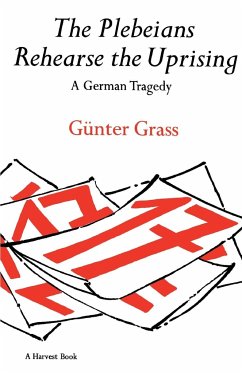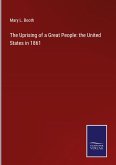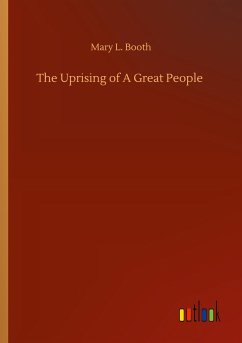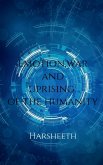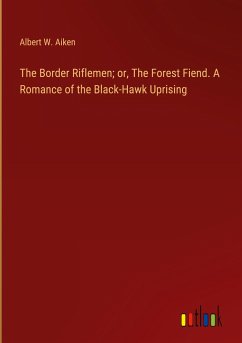In his first full-length play, Gunter Grass takes Bertolt Brecht, the foremost modern German dramatist, as his key figure. On June 17, 1953, the workers in East Germany rise in rebellion against oppressive measures, but their revolt lacks a voice and a leader. In the East German theater of which he is the director, the famed Communist poet and playwright, Bertolt Brecht (named "the Boss" in the play), is shown rehearsing his adaptation of Shakespeare's Coriolanus. The revolution spills over into the stage happenings as a workers' delegation requests that "the Boss" lend the authority of his voice and fame to their demands for justice and freedom. The intellectual is shown in a tragic dilemma: reasoning keeps him from active commitment until it is too late. He becomes guilty of betraying the workers and his own self. The play is prefaced by an illuminating essay-address by Gunter Grass, tracing the development of the Coriolanus theme. A documentary report on the actual happenings in East Berlin during the workers' uprising is appended.
Hinweis: Dieser Artikel kann nur an eine deutsche Lieferadresse ausgeliefert werden.
Hinweis: Dieser Artikel kann nur an eine deutsche Lieferadresse ausgeliefert werden.

